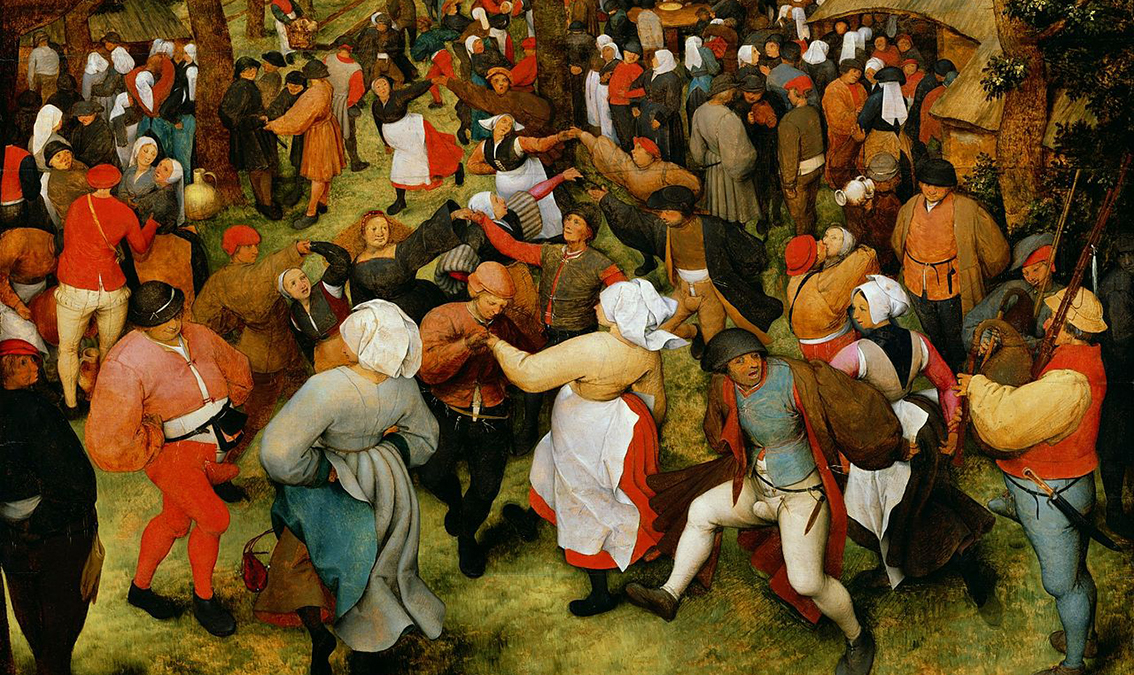
Caspar Hare
Professor of Philosophy
Massachusetts Institute of
Technology

This course has two goals. The first goal is to introduce you to key questions in ethics.
The second goal is to get you thinking rigorously about ethical questions yourself. This will help you develop your critical reasoning and argumentative skills more generally.
Studying philosophy is valuable in itself, but it’s also excellent preparation for a wide variety of other fields. Philosophy majors do exceptionally well in the GRE, GMAT and LSAT, for example. See here for more details.
You will learn how to think about difficult ethical questions in a rigorous and disciplined way. You will learn about the most important ethical theories, and about how to apply them to real-life cases.

Professor of Philosophy
Massachusetts Institute of
Technology

Associate Professor of Philosophy
Massachusetts Institute of Technology

Professor of Philosophy
Massachusetts Institute of Technology

Digital Learning Lab Fellow
Massachusetts Institute of Technology

Digital Learning Lab Fellow
Massachusetts Institute of Technology